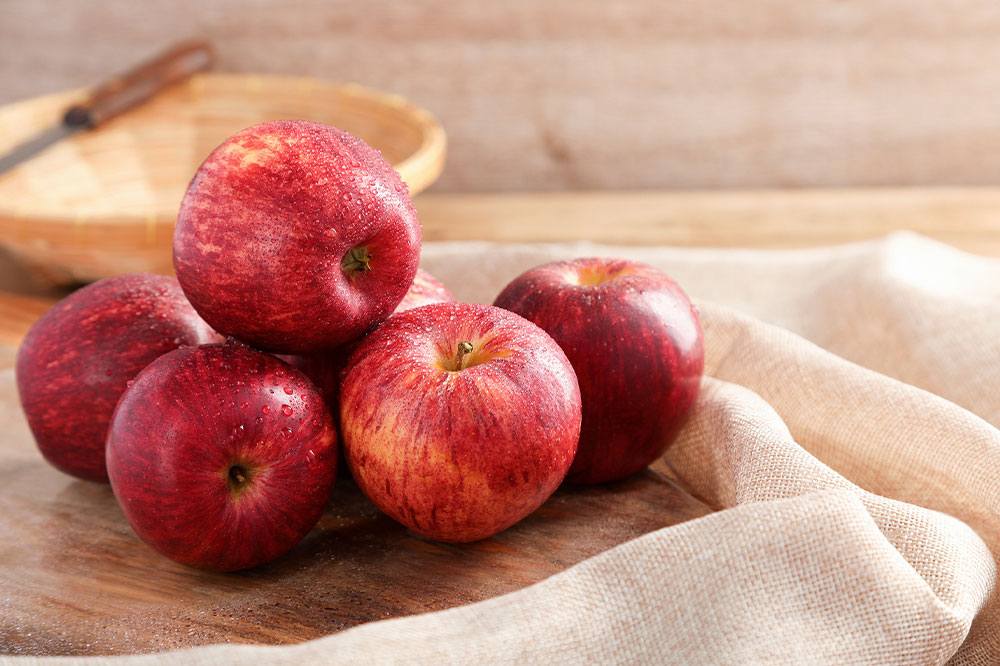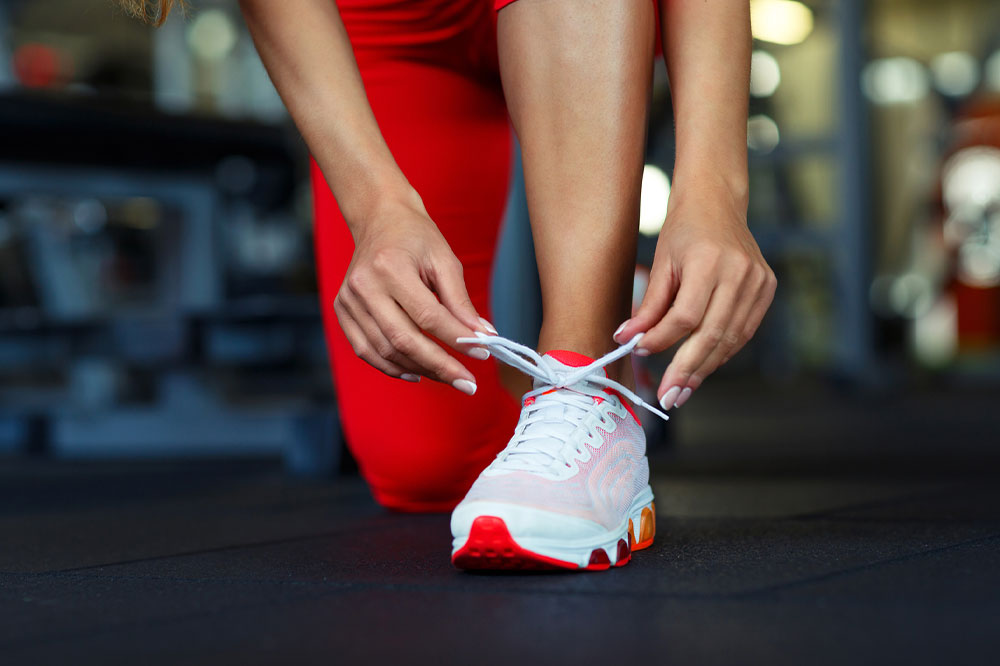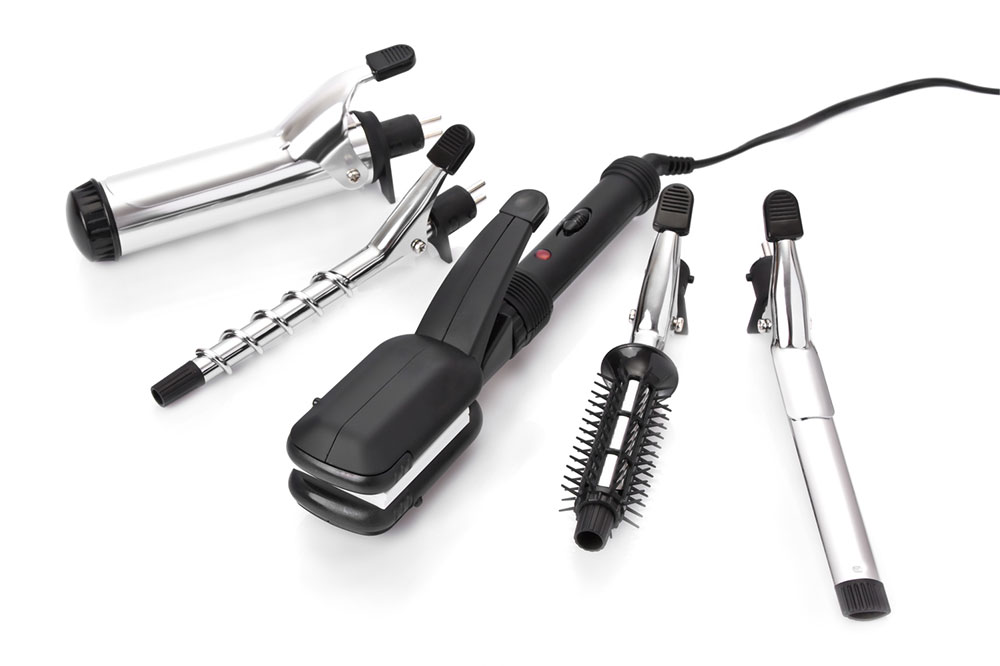3 excellent ways to boost bone health

Many people don’t realize the importance of building and maintaining strong and healthy bones until their bones begin to weaken. Bones protect vital organs and store important nutrients and minerals. However, common diseases like osteoporosis, which affects about 10 million people in the country, can make the bone weak and more likely to break. Fortunately, osteoporosis and other diseases that affect the bone can be managed and even prevented with these simple tips:
Treatment options
For women with osteoporosis, an excellent treatment option is EVENITY®. The FDA has approved it to treat osteoporosis in women after menopause. Those looking for an effective bone strengthening treatment must know that EVENITY® works in two ways to treat osteoporosis: it boosts the body’s natural ability to form new bone and reduces bone loss simultaneously. It’s one of the only treatments to target these two critical aspects of bone health simultaneously. Studies conducted on EVENITY® found that it helps build new bones rapidly and reduces the risk of spine fracture in 12 months. It consists of two shots (single dose) given under the skin monthly by a healthcare provider. Like every other treatment, EVENITY® comes with certain side effects. The most common side effects are joint pain and headaches.
Revamp your meal plan
The right nutrients are crucial for strengthening bones and maintaining overall bone health. Certain foods are packed with specific nutrients that are beneficial for the bones. Conversely, others can adversely affect bone health. Some of the best foods for bone health include:
Calcium-rich foods
Calcium is naturally found in the bones, the most important mineral for developing and maintaining optimal bone health. Bone cells break down constantly and are replaced by new ones, so one must consume foods containing calcium daily to protect the structure and strength of the bones. Some of the best sources of calcium include milk, yogurt, cheese, kefir, beans, tofu, almonds, spinach, collard greens, and sardines. Health experts recommend spreading calcium intake throughout the day instead of consuming one or more high-calcium foods.
Foods high in vitamin D
While calcium is essential for building strong bones, the body needs vitamin D to absorb calcium. Besides, low vitamin D levels are associated with lower bone density and an increased risk of bone fracture. Sadly, many people are deficient in this vitamin. In addition to sun exposure, people can load up on foods high in vitamin D. These include fortified milk, fortified cereals, egg yolks, and oily fish such as salmon, trout, whitefish, and tuna.
High-protein foods
Contributing about 50%, protein is one of the building blocks of bone. Low intake of protein has been linked to decreased calcium absorption. Studies indicate that meal plans high in protein can help bone health as one grows older. Some of the best sources of protein include beans, peas, lentils, tofu, shrimp, milk, yogurt, lean beef, and salmon.
While eating bone-friendly food is vital, one must also steer clear of foods that can lead to poor bone health, such as:
Foods high in sodium
When it comes to sodium, both too much and too little are bad for the bones. Excess sodium in the body can lower bone density and increase the risk of bone fractures, especially in people with low calcium levels. At the same time, very low amounts of sodium translate to a higher risk of osteoporosis. This is because sodium helps the body maintain healthy levels of magnesium and potassium, both of which are important for optimal bone health. So, go easy on table salt and sodium-loaded foods like salted nuts and all types of canned foods.
Sugary foods and beverages
Perhaps it’s hard to eliminate sugar, but one must remember that sugar can lower bone density. Too much sugar has been linked to a higher risk of osteoporosis. Also, those who drink sodas and fruit juices are more likely to suffer bone fractures. Limit all sugar-packed foods and beverages like pastries, candies, ice cream, sodas, sports drinks, and fruit juices.
Caffeinated drinks
Like salt and sugar, caffeine is fine in moderation, but too much is bad for the bones because it can decrease the amount of calcium the body absorbs. Drink no more than 300 mg to 400 mg of coffee daily to maintain strong bones.
Live an active lifestyle
Besides modifying meal plans, the only lifestyle change one needs to make to build strong and healthy bones is engaging in various exercises daily. One of the most effective types of exercises to boost bone health are weight-bearing exercises, which include walking, hiking, running, bicycling, low-impact aerobics, climbing stairs, dancing, tennis, and golf. In these exercises, the body fights against gravity to complete a movement, reducing bone loss and encouraging new bone formation.
People with a higher risk for weakened bones, such as those with osteoporosis, must make weight-bearing exercises a part of their daily routine. Another exercise that helps strengthen bones is resistance or strength training exercises. These include lifting weights, pulling weight, or doing push-ups, all of which help increase muscle mass, which help strengthen the bone and protect against bone loss.
One must also consider adding stretching exercises like yoga and tai chi into their routine. These exercises, which are also relaxation techniques, help improve balance and coordination in the body, which are important to reduce the risk of falling and breaking bones.









